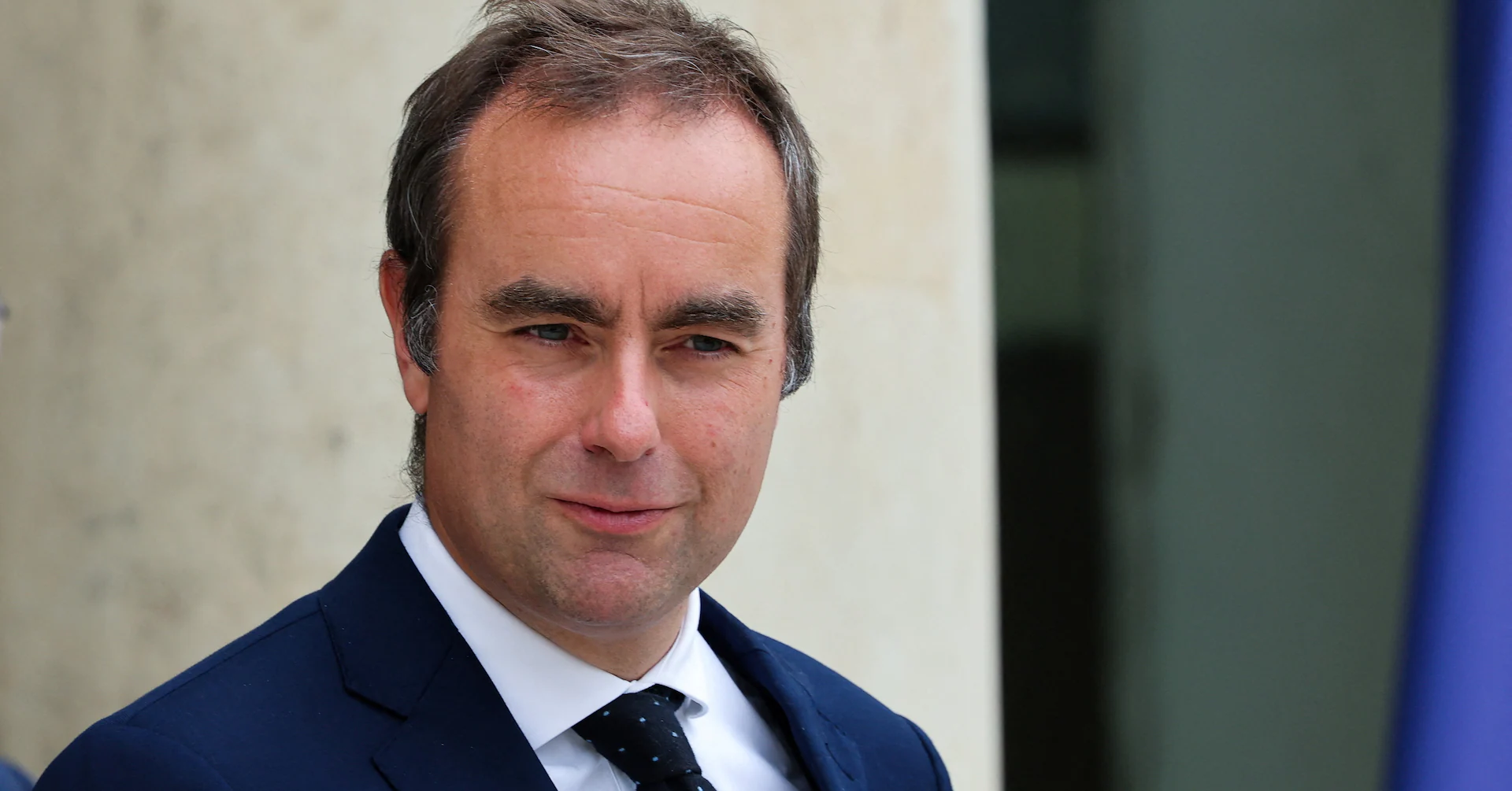By Wyles Daniel
Copyright laweekly

One in two American adults lives with diabetes or prediabetes. Ninety-three percent are considered metabolically unhealthy. And the average cost of managing diabetes soars past $16,000 per year. The math is brutal, but L-Nutra Health, a Los Angeles-based medical nutrition company, is betting on a surprisingly simple solution: food and nutrition.
L-Nutra Health isn’t promoting another fad diet or “miracle” cleanse. Instead, it has built a suite of clinically guided programs rooted in 25 years of research on fasting, nutrition, and longevity science out of the most prestigious universities in the world. Their message is simple, if radical: remission, not management through pharmaceuticals, should be the new standard of diabetes care, and food makes it possible.
A Fast That Feeds
At the center of L-Nutra Health’s work is their dietitian-led, personalized nutrition protocol. Their team of professionals helps users address their concerns at their root causes with tailored, guided programs. They also offer the Fasting Mimicking Diet (FMD), a patented, five-day nutritional protocol that tricks the body into thinking it’s fasting while still providing essential nourishment. The method was pioneered by Dr. Valter Longo, a USC biogerontologist often called the “godfather of fasting research.”
What makes the FMD different is its formula of low-glycemic, plant-based meals that activate cellular repair pathways while protecting lean muscle. The FMD activates the body’s natural clean-up mechanism, autophagy, to address some of the causes and symptoms of metabolic diseases like diabetes. Throughout the program, visceral fat begins to melt away, insulin sensitivity improves, and inflammatory markers decline. In other words, the body begins to cure itself.
“Instead of managing symptoms, we’re helping patients resolve the underlying dysfunction driving their disease,” said Dr. Joseph Antoun, CEO and Chairman of L-Nutra Health.
From Harvard Labs to Hollywood Clinics
L-Nutra Health is led by Antoun, formerly of Eli Lilly and now a prominent voice in health policy, and Dr. William Hsu, a Harvard-trained endocrinologist who spent two decades at Joslin Diabetes Center. The team has translated years of NIH-funded research into consumer-ready programs with clinical rigor.
While many Angelenos may be familiar with L-Nutra’s celebrity-loved consumer product Prolon, their metabolic disease division, L-Nutra Health, the company’s medical division launched earlier this year and has shown promising results. Monthly membership starts at $99 and includes:
One on one sessions with an L-Nutra Health Registered Dietitian twice a month.Monthly cycles of patented nutrition programs.Unlimited access to a mobile-friendly portal for daily motivation and tips.Quarterly doctor visits to manage other medications and monitor labs.
Outcomes have been striking. In a Heidelberg trial, participants lost an average of 22 pounds, reduced insulin resistance by nearly 60 percent, and cut diabetes medications in two-thirds of cases. A separate Diabetologia study found patients were seven times more likely to reduce medications compared to standard care.
Real Patients, Real World
Sandy, 65, spent years managing type 2 diabetes with a pharmacy’s worth of prescriptions. After enrolling in L-Nutra Health, she shed the medications along with the weight.
“I’ve gone from 12 prescriptions a day to none. I’ve lost weight, I feel lighter, and my health is the best it’s been in years. I didn’t think this kind of change was possible at my age — but it is.”
Her story is not an outlier. At the recent American Diabetes Association’s 85th Scientific Sessions, L-Nutra Health presented outcomes from 125 participants:
68% reduced diabetes medications at six months.HbA1c (blood sugar control) dropped by 0.5%.Average weight loss hit 11 pounds.Treatment satisfaction scores jumped significantly.
For a disease long defined by management, not reversal, these numbers are groundbreaking.
The Food-as-Medicine Moment
L-Nutra Health’s approach aligns with the growing “Food as Medicine” movement. Once dismissed as fringe, it’s now making waves with payers and policymakers. An analysis published in JPEN: Journal of Parenteral and Enteral Nutritionprojected that optimization of nutrition support therapy for specific patient populations could reduce Medicare spending by $580 million annually across key therapeutic areas.
That’s a language insurers understand. Early pilot programs show strong ROI, and advocates are pushing for CMS to recognize nutrition interventions as reimbursable care. If that happens, food-based protocols like L-Nutra Health’s could scale nationally and shift the economics of chronic disease.
Changing the Standard of Care
Critics will point out that lifestyle interventions aren’t new; physicians have told patients to “eat better and exercise” for decades. The difference here is structure and science. For example, the FMD isn’t an abstract lifestyle prescription but a repeatable, evidence-backed intervention. Coupled with dietitians, digital health tools, and medical oversight, it offers something rare in chronic disease care: accountability.
“We’ve spent decades treating diabetes with medication,” said Dr. Hsu. “Now, with food as medicine, we’re changing the conversation to prevention and remission, and it’s working.”
The Stakes in Los Angeles and Beyond
Los Angeles, with its mix of cutting-edge wellness culture and stark health disparities, is an ideal launchpad for L-Nutra Health. One in 10 Angelenos already have diabetes and one in 3 have prediabetes, and communities of color face disproportionate risk. A program that bridges longevity science and accessible nutrition therapy has both market appeal and urgent public-health relevance.
If the company succeeds, the ripple effects will extend far beyond LA. With 80 percent of chronic disease deemed preventable through diet and lifestyle, a scalable, reimbursable nutrition model could fundamentally rewire healthcare economics.
The Bottom Line
Diabetes has long been a disease of management: carb counting, insulin injections, escalating prescriptions. L-Nutra Health argues it doesn’t have to be. By marrying plant-based nutrition, fasting science, and clinical care, the company is offering remission as standard practice.
It’s too soon to declare victory, but the early data and the lived experiences of patients like Sandy suggest a future where your prescription may not come from the pharmacy, but from your plate.



